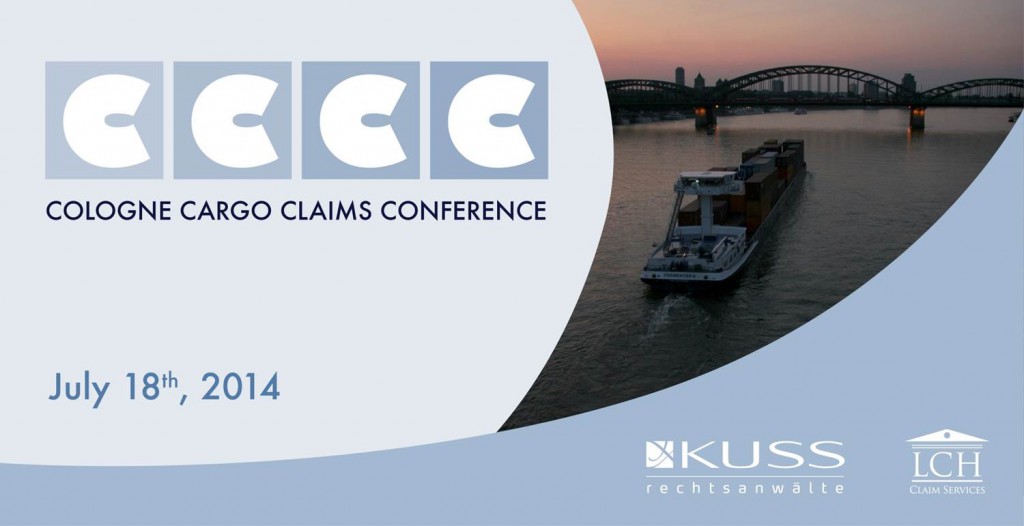Legal 500, one of the leading international law firm rankings, in 2020 again ranks KUSS Rechtsanwälte among the best commercial law firms in Germany in the field of Transport Law.
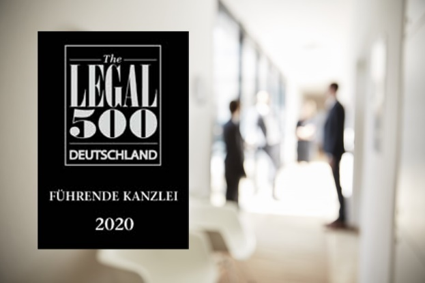
Based on its research in the editorial section Legal 500 has come to the conclusion (our translation):
„Kuss Rechtsanwälte Partnerschaft mbb is highly specialized in the field of International Transport, Forwarding and Warehousing Law. The focus of activities of the four-member team of bar certified specialists (Fachanwälte) lies in complex cases of major transport damage as well as in the conduct and defense of recovery claims. In addition, the team around Robert Kuss and Corinna Kuss advises policyholders and insurers on transport insurance coverage. A particular added value regarding the international activities of the law firm lies in the legal advice and consulting offered in English, French, Italian, Spanish and Russian.”
We were particularly pleased with the references:
„The law firm is very competent, reliable and always adheres to the given schedules. In addition, the team is characterized by patience and perseverance even in stressful situations.”
„The law firm is our first address in Germany in the field of Transport Law. Especially in the field of road transport the team is unbeatable in terms of efficiency, transparency, expertise and experience.”
‘Robert Kuss is outstanding in competence and client service and has excellent negotiating skills.”
You can find the ranking under the following link:
https://www.legal500.de/c/deutschland/transport/transportrecht/

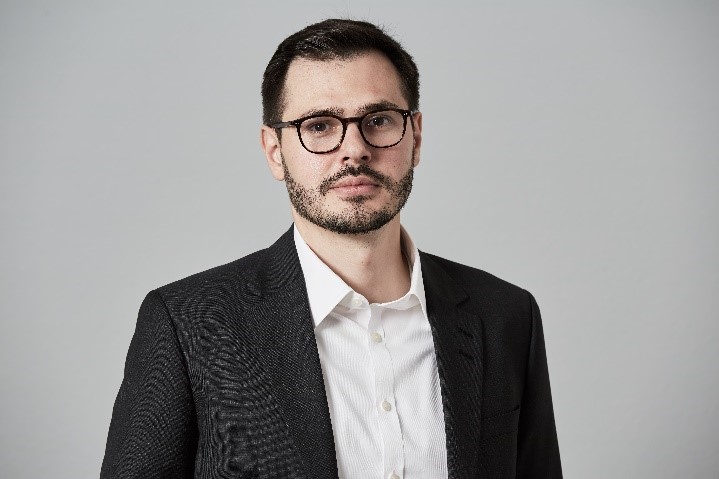 A bar certified specialist (Fachanwalt) is a lawyer with proven expertise and practical experience in a particular area of law. The title is awarded by the Regional Bar Associations after having intensively examined whether the necessary prerequisites are fulfilled according to the Rules on Certified Specialist Lawyers (Fachanwaltsordnung). The lawyer has to demonstrate knowledge and skills in his specialty area reaching far beyond those generally gained during education, training and practical job experience.
A bar certified specialist (Fachanwalt) is a lawyer with proven expertise and practical experience in a particular area of law. The title is awarded by the Regional Bar Associations after having intensively examined whether the necessary prerequisites are fulfilled according to the Rules on Certified Specialist Lawyers (Fachanwaltsordnung). The lawyer has to demonstrate knowledge and skills in his specialty area reaching far beyond those generally gained during education, training and practical job experience.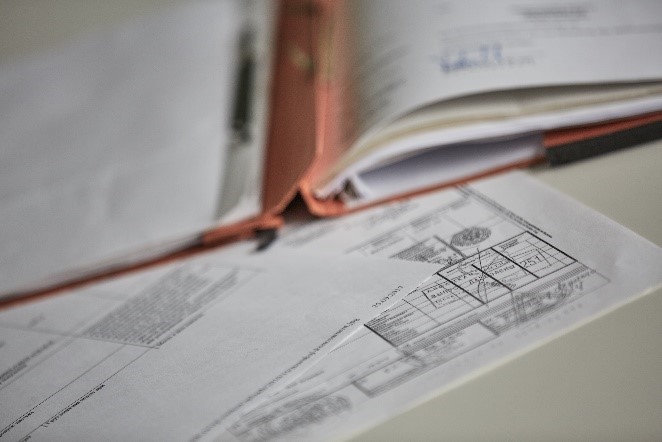 Sowohl Unternehmer als auch Fahrer sind gesetzlich dazu verpflichtet, für die Funktionsfähigkeit von Kontrollgeräten (Tachograph/Fahrtenschreiber) in den Lkw und deren ordnungsgemäß Nutzbarkeit zu sorgen. Darüber hinaus muss auch die ordnungsgemäße Funktion und Nutzung der Fahrerkarte sichergestellt werden.
Sowohl Unternehmer als auch Fahrer sind gesetzlich dazu verpflichtet, für die Funktionsfähigkeit von Kontrollgeräten (Tachograph/Fahrtenschreiber) in den Lkw und deren ordnungsgemäß Nutzbarkeit zu sorgen. Darüber hinaus muss auch die ordnungsgemäße Funktion und Nutzung der Fahrerkarte sichergestellt werden. Vanessa Steinbacher was awarded the title of bar certified specialist in transportation and forwarding law.
Vanessa Steinbacher was awarded the title of bar certified specialist in transportation and forwarding law.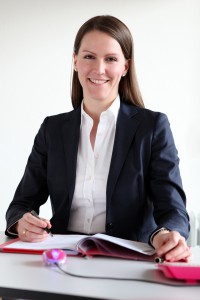 Tanja Pennekamp has recently finished her further training as a “certified compliance officer”.
Tanja Pennekamp has recently finished her further training as a “certified compliance officer”.